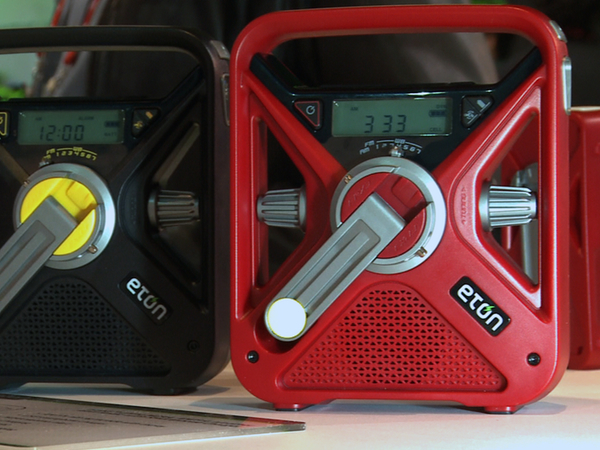Screws are indispensable fasteners used across numerous applications, from DIY home projects to large-scale construction. Familiarizing yourself with the various types, sizes, and uses of screws can enhance your project’s success and efficiency.
What are the different types of screws?

- Screws come in many forms, each designed for particular uses. Common varieties include wood screws, machine screws, self-tapping screws, and masonry screws. They differ in thread patterns, head styles, and the materials they are made from.
How do you choose the right screw size?
- Selecting the right screw size involves considering the materials you’re fastening, the load capacity, and the thickness of the materials. Screws are typically sized by diameter (gauge) and length (in inches or millimeters).
What are the advantages of using screws over other fasteners?
- Screws offer numerous advantages, including high holding power, ease of installation, and removability without damage. They provide a robust and reliable fastening method suitable for a variety of materials.
How should screws be properly installed?
- To install screws correctly, drill pilot holes, select the appropriate screw type for the material, and use the proper driving technique to prevent stripping the head or damaging the material. Tighten screws adequately but avoid over-tightening to maintain joint strength.
Screws are versatile and crucial fasteners that play a significant role in construction, carpentry, and everyday tasks. Understanding the different types, sizes, and installation techniques will help you choose the right screw for your specific needs, ensuring secure and durable connections.